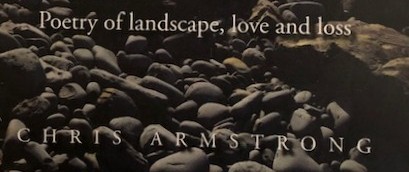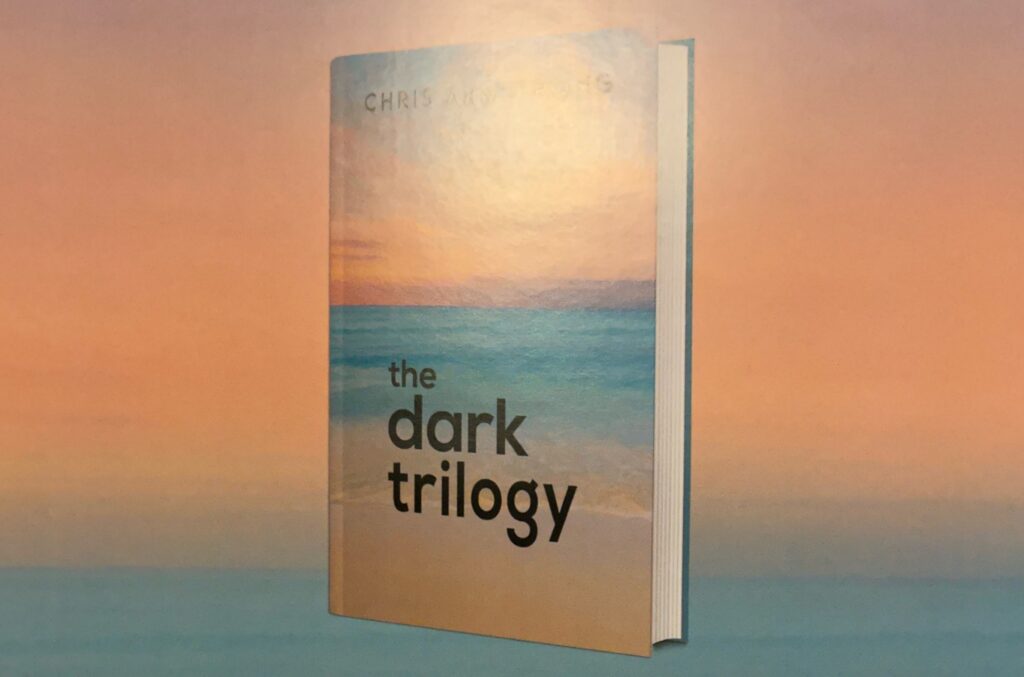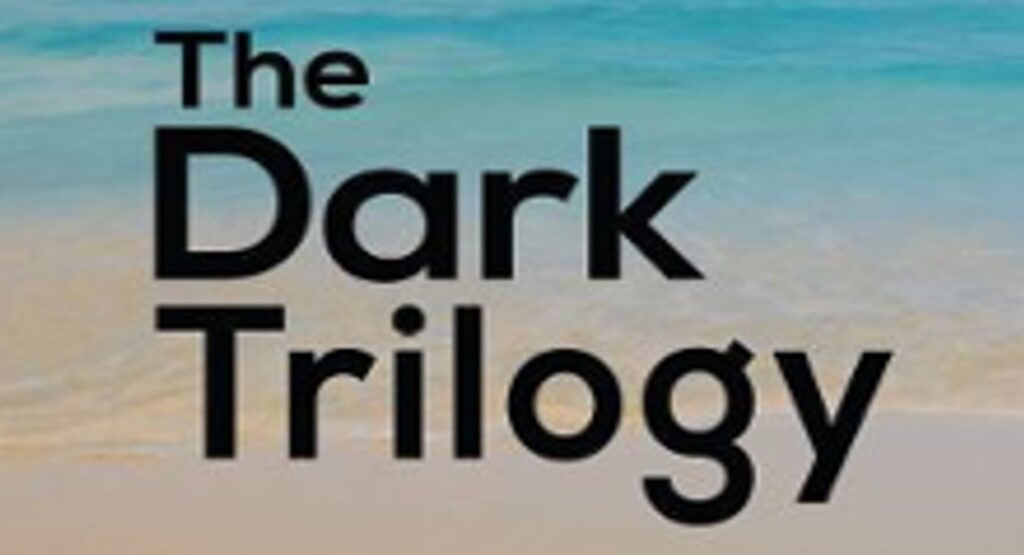
This post launches my new collection of poems – Book of the Spirit – which was published this week. Further details and a link to buy a copy can be found on the Books page.
In developing this small collection – it was always destined to be a small collection, a chapbook – I wanted to celebrate – to write in praise of – writing, particularly the writing of poetry and love poetry especially, by creating a work in which the medium itself was the message, and by raising that message, that medium, on high. I suppose that I came to see in this venture a similarity with other celebrations. Particularly, in some ways, I could see parallels with that older and special celebration of praise, found in devotional traditions that glorify one incomparable certainty, one supreme entity, and that find their outlet, their medium, in a religious service. Eventually, that comparison shaped both the language and the structure.
Thus, perhaps inevitably, many of the poems merge the secular with the theistic – the word with the Word, as it were – so the language borrows from religions and there are references drawn from religious works.
The seventeen poems are divided into four sections, of which the second, longest part has works which fall into the canon of a service. I should emphasise that I have not tried to create a service, simply that the works are named for the more formal expressions of praise within a service.
- As most of the poems reference earlier works – both religious texts and poems, or teachings, and some of the connections may not be obvious I shall be publishing a free set of notes in the Resources section of this site in due course.






